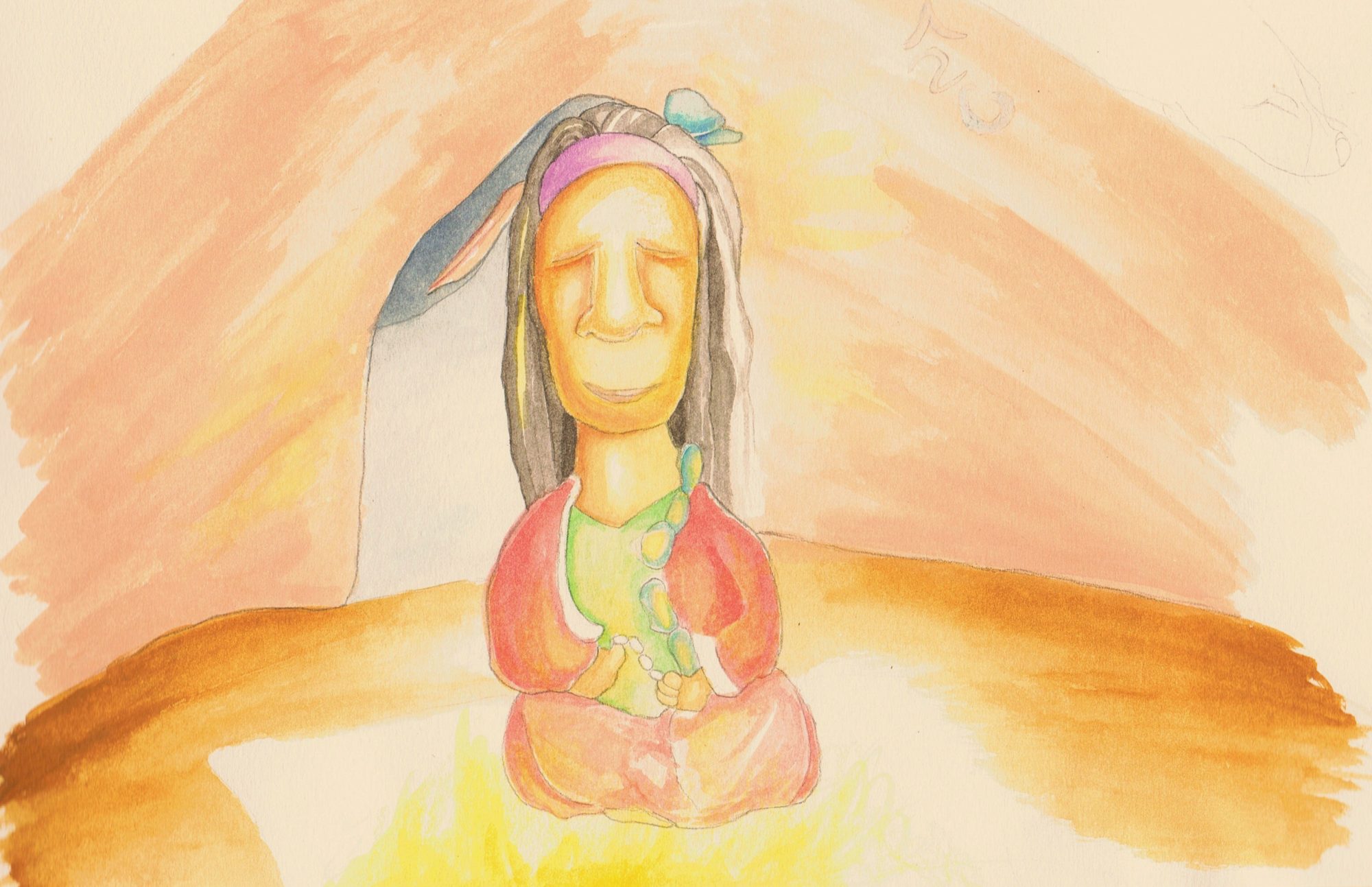Depression is an emotional condition, not a mental one. Whereas all emotional issues may be seen to have a mental cause, the effect is always felt emotionally.
Emotional depression is not a direct effect of dementia but a side effect. It is not the mental incapacity of dementia that directly causes the emotional incompetence that we call depression.
Depression is an emotional incompetence caused by very low emotional energy, which causes the inability to do anything. It is not that someone who is depressed is physically incapable or doesn’t want to do it, they believe that they can’t because their emotional energy is too low.
The capability to do anything requires both mental capacity and emotional competence. When mental capacity is depleted it can cause a depletion in emotional energy, which can cause depression.
When our emotional energy gets depleted, our need for emotional energy needs to be met. We each have different ways of sub-consciously meeting our need for emotional energy. We each have a sub-conscious strategy for getting our own emotional needs met.
How we individually learned how to meet our emotional need for energy, from a very early age, has determined our own unique set of emotional needs. Opposing, or in contrast to, every emotional need is a sub-conscious fear that causes the emotional energy drain.
Fear is a mental belief that disconnects emotional power and can drastically drain our emotional energy. When I am disconnected from my source of emotional power, I drain energy to the drama of my false beliefs and my emotional power becomes depleted or depressed.
Depression is the inability to get one’s emotional needs met from an external source, either by oneself or from other people. It is the feeling of being useless, which is driven by the experience of having less & less emotional energy to use.
We are mostly unaware of the cause of our own depression, as our emotional needs are managed and maintained by our sub-conscious mind. Our sub-conscious mind is the auto-pilot of our physical body that manages & maintains the status quo of our life automatically and without our conscious awareness.
We do not have to consciously think about what our sub-conscious mind is doing without our awareness of it. Our sub-conscious strategy for getting our emotional needs met has been developed & refined during life, from the time that we were born.
Dementia is a disconnection of the conscious mind from the management & maintenance strategies of the sub-conscious mind. With dementia, I am no longer able to operate on a fully functioning auto-pilot and having to consciously think about what the body has always done without thinking is very energy draining & depressing.
The sub-conscious mind is not missing, lost or broken but disconnected from the conscious focus that is called our conscious mind. Dementia disconnects our conscious focus from our sub-conscious memory store of physical experience, which allows the experience of physical life to appear to follow a unique time-line.
It is our personal memory, stored in our sub-conscious mind, that allows space-time-reality to follow a continuous linear path. When the connection between the conscious and the sub-conscious mind becomes intermittently disconnected, the effect is called memory loss or dementia.
The same disconnection that affects linear memory also affects the sub-conscious ability to get our emotional needs met, especially the emotional needs that we meet ourself. Emotional needs that we meet ourself are introvert needs and emotional needs that I need other people to meet are called extrovert needs. My unique set of emotional needs determines my individual personality and in general whether I am introverted or extroverted in my relationship with other people.
Dementia substantially limits our ability to meet our emotional needs ourself, particularly an emotional need to succeed, be fulfilled, to achieve, to attain or to accomplish whatever we feel that we need to do to compete & win in life.
Dementia also limits our ability to socially interact with other people who would normally meet our need to be cherished, adored and held in high esteem, be included, be popular and admired.
The loss of independence that dementia causes can have a drastic effect on our need for comfort, safety & security. Someone who is employed to look after the physical comfort, safety & security of a dementia patient may not understand their need to feel emotionally comfortable, safe & secure.
Careers are trained to take care of physical needs, but no training is given in the care of a patient’s personal emotional needs. In the absence of understanding a person’s individual needs for getting their emotional energy replenished, depression gets deeper & deeper, life gets darker & darker and all the physical care in the world is powerless to change it.
